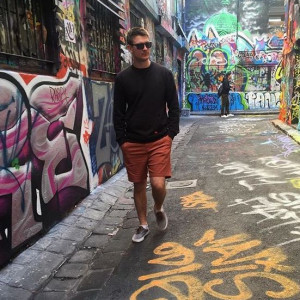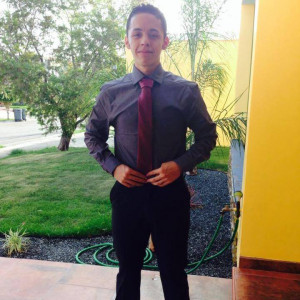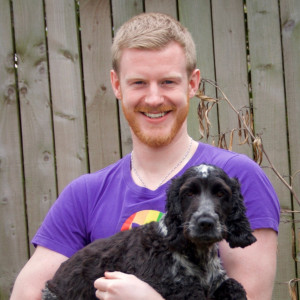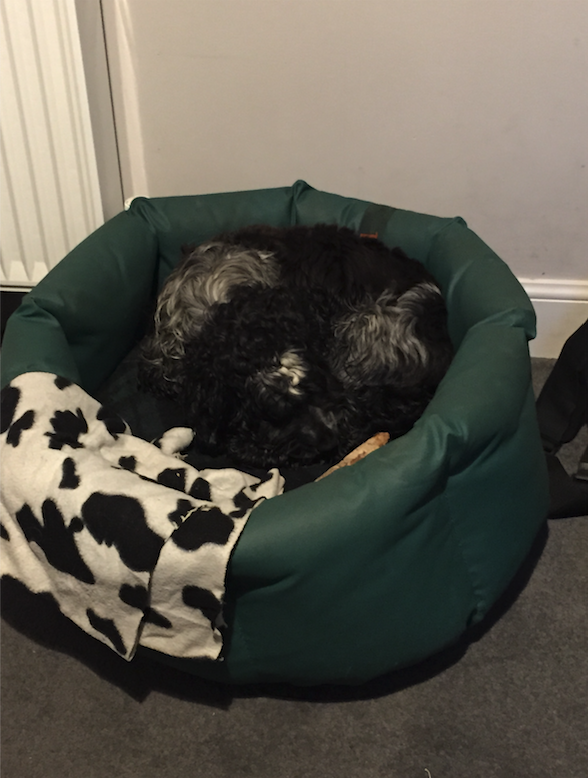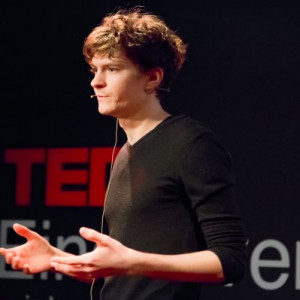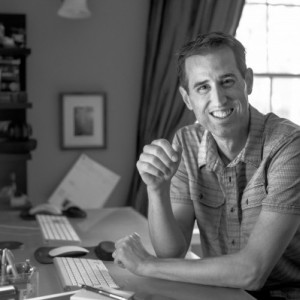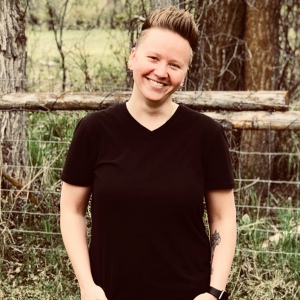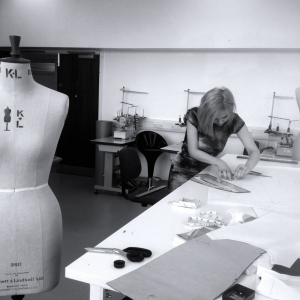How do you stay on task?
Interview with Jacob, a site reliability engineer
Everything I'm thinking I need to do or want to do ends up written down.
For a long time, I flipped between all the to-do apps/methodologies you could imagine. I ended up spending a small fortune trying to shoehorn someone else's system into how I liked to work.
That was until I stumbled onto the Bullet Journal system. To say it's changed the way I work would be a huge understatement.
I'm not one of those creative people that make their Bullet Journals look pretty; mine is about as utilitarian as they come, and I wouldn't have it any other way.
I'm a big believer in communication being asynchronous. Instead of leaving Slack/email open all day in the dock, I open it up a few times a day and allocate some time for clearing it out.
This has enabled much longer periods of deep work, since I'm not constantly waiting for email or Slack messages to land on my screen.
Removing work email and Slack from my phone has also yielded very positive gains. It means that when I step away from the office for the day, I can't be tempted to checking in and seeing what might need my attention.
Pagerduty is now the only work-related thing that has kept its place on my phone.
Knowing when to take breaks has been a learning experience that has enabled me to stay on task more often without wanting to drift.
If I find myself getting a bit restless or stuck, I know I'm getting low on focus and will go for a skate for 10 or 15 minutes, or just do some stretches. This allows me to come back revitalised and ready to get back into work.
It's amazing what stepping away from the computer and exercising will do for your focus - and it costs you nothing!
Jacob is a Site Reliability Engineer who believes in asynchronous communication and bullet journaling - learn how he maximizes his daily "deep work" time.
Read full interview from Interview with Jacob, a site reliability engineer.
Interview with Mark, a programmer building bespoke business applications
I eliminate distractions at all costs using a combination of office configuration, productivity tools and sheer willpower.
Musically, I've experimented with different kinds of genres and subscribe to a lot of the "focus"-type playlists on Spotify. Usually, these are mellow, instrumental tracks that I can enjoy without headphones, given that the background noise is low enough.
At my work, we use Rally (a corporate-y version of Trello) and Agile (including daily standup calls), which essentially forces us to state out loud what we're going to do that day to the rest of the team.
Working without this technology in the past, I was a big believer in simple to-do lists. It always feels good to check something off.
With these powers combined, I can usually achieve 2 - 3 hours of flow on a good day, with at least another 2 hours that I'd call "productive".
For Mark, avoiding distractions and sticking to regular hours are perhaps the hardest parts of being a freelancer - learn his secrets to achieving a good workflow.
Read full interview from Interview with Mark, a programmer building bespoke business applications.
Interview with John, a full-stack web developer who works remotely
Have a Trello board, if your employers don't have one for you, make one yourself. It will really help you stay on track. Don't open any type of social media or news site.
Sleep a decent amount, you won't be productive while sleep deprived, I would know, I tried.
John works remotely while using the latest web development technologies, learn how he works by reading his interview.
Read full interview from Interview with John, a full-stack web developer who works remotely.
Interview with Mike, a software engineer who works remotely at GitHub
Keeping healthy helps with staying focused.
I try to always get 8 hours sleep a night, go to the gym multiple times a week, take my dog on long walks and eat well (particularly by not keeping junk in the house).
Mike says taking his dog for a walk is one of the ways he stays healthy when working from home.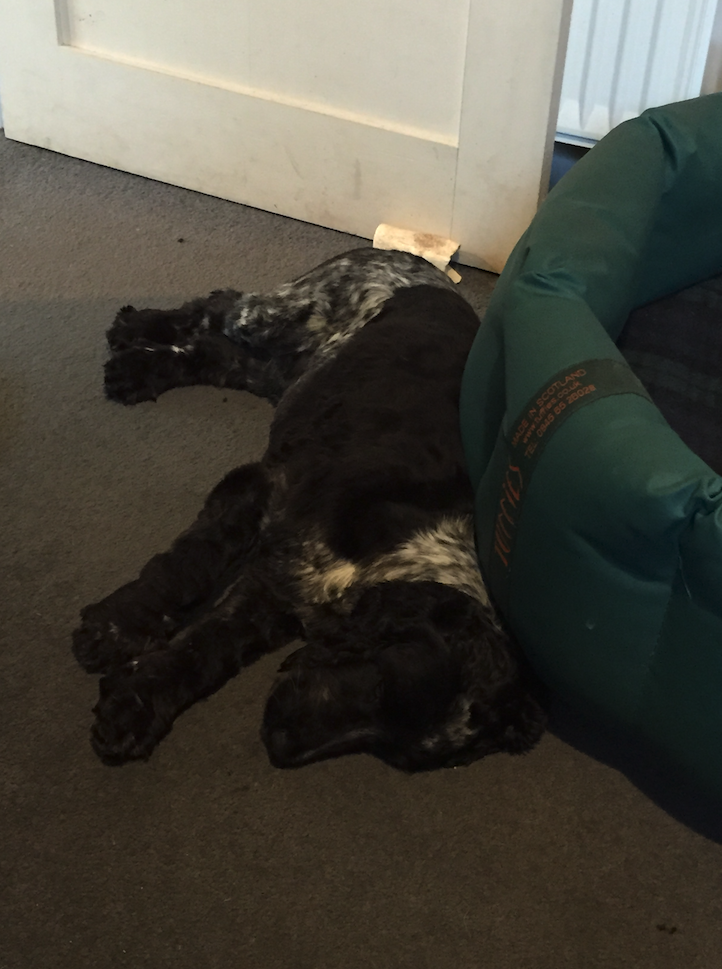
Having long stretches of uninterrupted work with no visual distractions helps me get lots done in a relatively short period of time.
I try to ensure meetings are scheduled in clumps later in the day so I'm not trying to get back into the zone in between them.
Mike got started with remote work after getting an offer from his dream organisation. Learn how he works remotely while working on open source projects and publishing books.
Read full interview from Interview with Mike, a software engineer who works remotely at GitHub.
Interview with Rosemary, a digital content marketing manager reveals must-see freelance tips
I prioritize what is my most important work to be done—not long-fingered—believe me, this makes life simpler.
Lists, checklists, and more checklists. If one gets distracted, like, for example, if a client has an extra priority, you can go and do it and then check your list and then get back on track.
Also, as much as possible, I arrange calls with my customers to catch up in the afternoons, and that gives me time in the mornings to focus on getting creative work done in peace and quiet.
I really put effort into avoiding distraction as it can be hard to get back into the flow if you lose track of your plan.
Rosemary, a digital content marketing manager shares the freelance lessons she has learned over the years—see her tips & exceptional entrepreneurial wisdom.
Read full interview from Interview with Rosemary, a digital content marketing manager reveals must-see freelance tips.
Interview with Adam, a UX engineer building his own consulting company
I know people use tools like pomodoro or RescueTime but I've never found that cadence-based routine to be particularly useful.
My mind doesn't work in perfectly segmented tasks, and I find the times I am hyper-focused and in a state of flow that I don't want to take time off.
The ramp up time is simply too large to risk breaking my focus simply because a timer on my browser told me to stop.
Instead, I just work very organically in terms of rest vs work time. I've never had a problem with reaching my deliverables so I feel like the old saying of "do what works" applies here.
On top of that, just being healthy: eat right, exercise, get enough sleep. That ensures I am performing at my best each and every day.
Learn how Adam started working remotely from a cold-email on Hacker News, to how he's using a local co-working space to grow his business.
Read full interview from Interview with Adam, a UX engineer building his own consulting company.
Interview with Nikita, an entrepreneur building a website to learn anything
Aside from my highly streamlined workflow of where my ideas/tasks go and how I can start working on the one by one.
Practicing mindfulness throughout my day is one of the best returns on investments I made in life.
I use Oak app and often listen to sounds of fireplace or rain when working. It helps me keep focus and minimizes distractions.
Nikita is an entrepreneur working on his startup while optimizing his productivity—learn how he organizes his life and work to maximize happiness
Read full interview from Interview with Nikita, an entrepreneur building a website to learn anything.
Interview with Scott about working remotely for 20 years
I write most everything down.
Using things like Evernote (for unstructured text and document scans), Google Drive (tabular data and form-based content) and Wunderlist (for task lists) keeps the clutter out of my brain and frees it up for more creative pursuits.
As a web designer and developer, I need swaths of time in flow to get good work done. When it’s time to get to it, I set my instant messenger on Do Not Disturb, put on some ambient music that won’t distract me too much (Brain.fm is awesome for this) and get the task done.
If I have something particularly finite yet onerous to do, I relocate to another place, like a coffee shop, and commit to not getting back up until the job is done.
Scott is a designer and developer that's been working remotely since 1998, read his interview to learn how he's been successful
Read full interview from Interview with Scott about working remotely for 20 years.
Interview with Sarah about working remotely from an RV
I've researched and used so many methods for productivity - Kanban, Pomodoro, GTD - you name it, I've probably tried it. But I'm always open to new methods for getting things done.
Sarah is a digital marketing manager who travels the United States with her partner and two dogs while working remotely in her RV.
Read full interview from Interview with Sarah about working remotely from an RV.
Interview with Alexandra, a freelance fashion designer building her own brand
Self-discipline is most important when working remote.
Knowing that I don’t have a boss who is imposing me rules, I need to be my own boss. At the beginning wasn’t so easy because I’ve had a lot of projects that I didn’t really enjoyed but now I take just projects I’m interested in so keeping myself on task is way easier and the whole process became smoother.
Another issue I’ve had in the past was multitasking. I thought working on different smaller projects at the same time can help finish things faster but I always ended up skipping small details or mixing up the briefs.
The most important thing in order to keep myself on task is to be in the right environment, not being disturbed and taking small breaks time to time.
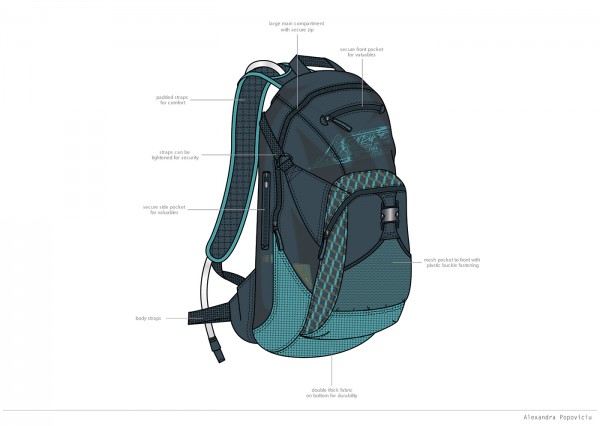
Alexandra is a freelance fashion designer who works remotely while traveling and building her own brand.
Read full interview from Interview with Alexandra, a freelance fashion designer building her own brand.
